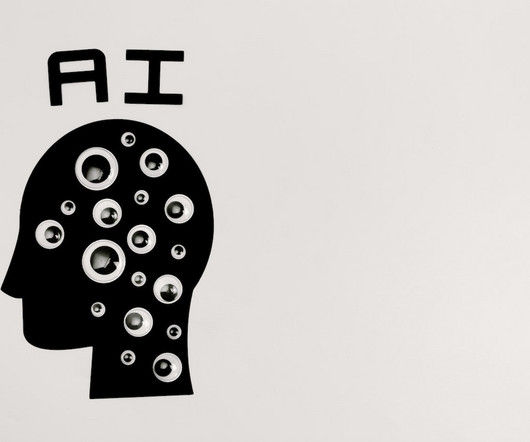The Universality of Leadership: Challenging Industry-Specific Biases
Tullio Siragusa
AUGUST 14, 2023
Vision and Strategic Thinking The Universal Need for Direction: Regardless of the industry, every organization seeks a brighter future. Their strategic thinking ensures that actions taken today align with a brighter tomorrow. Leaders must demonstrate adaptability to new methodologies, technologies, and scenarios.















Let's personalize your content